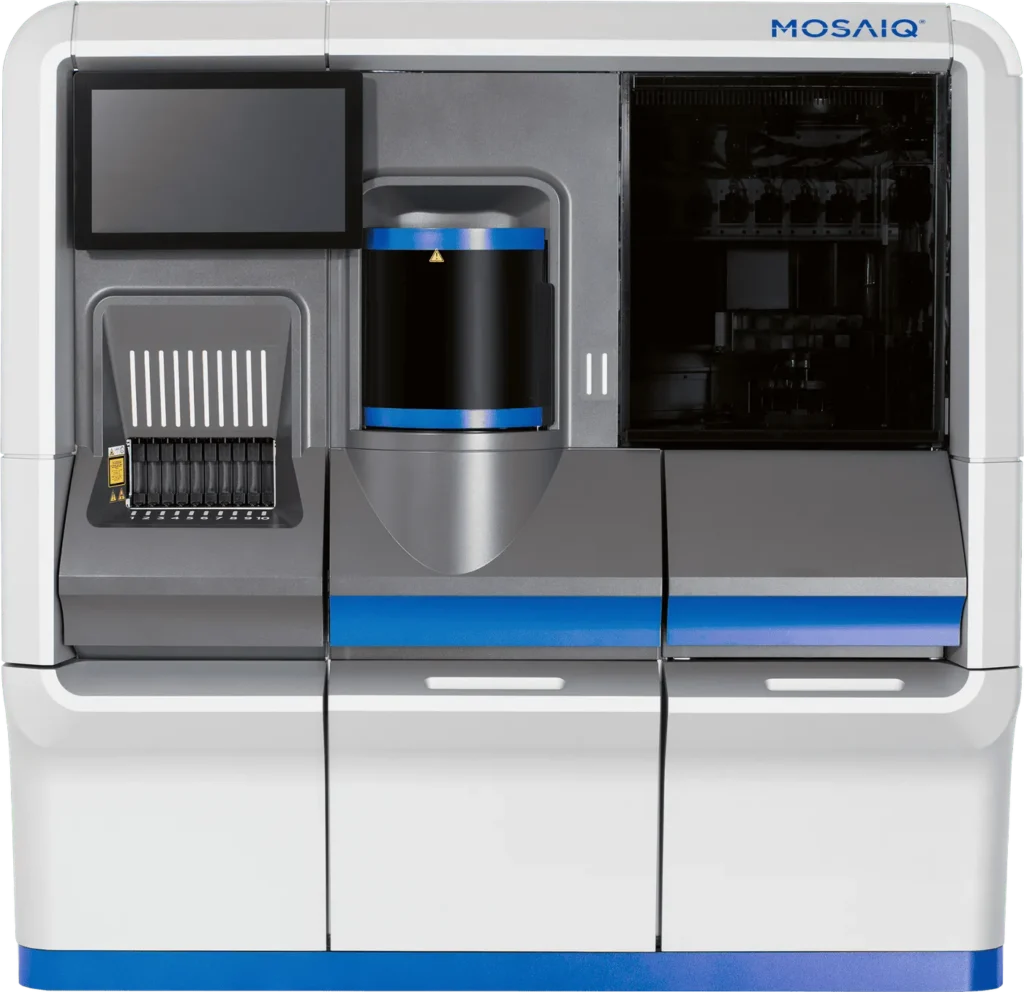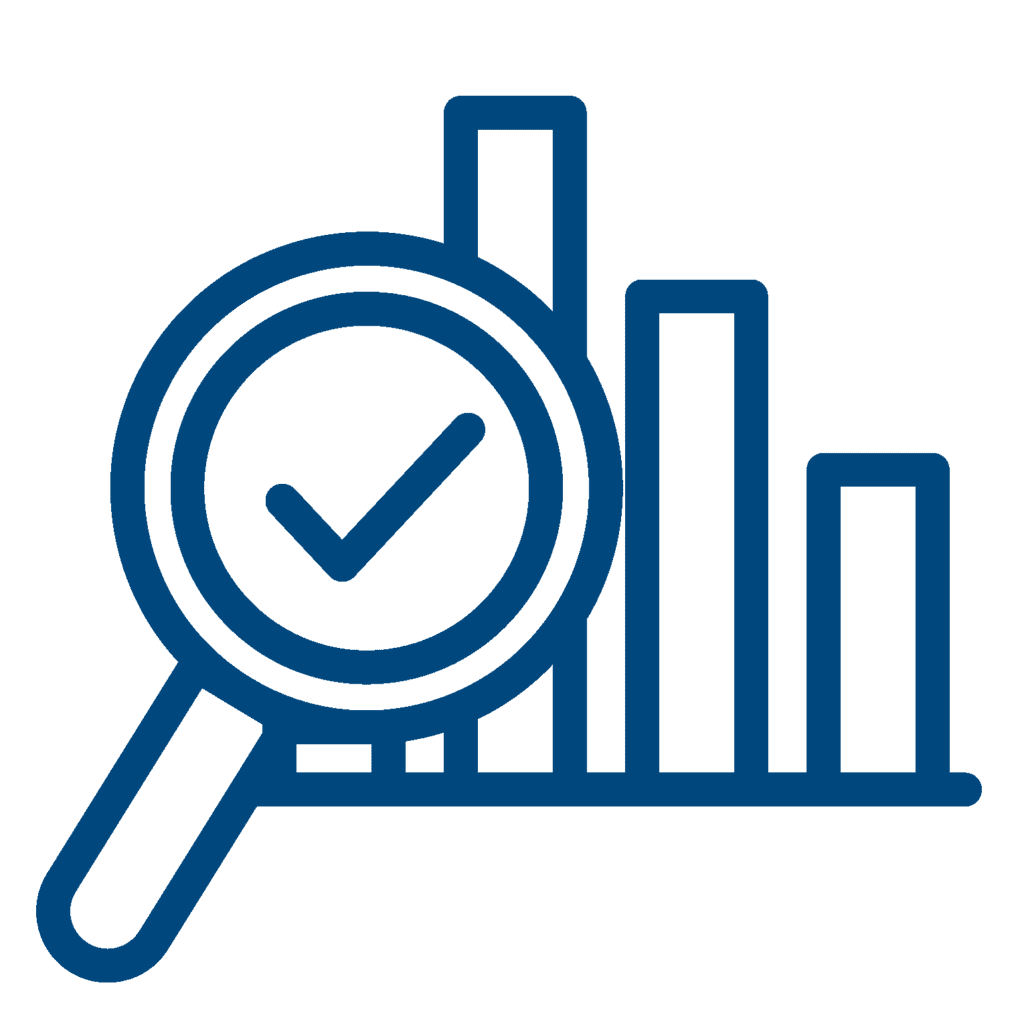In development: subject to regulatory approvals
MosaiQ®
AiPlex® APS
Antiphospholipid Syndrome (APS) microarray solution for the MosaiQ platform.
Designed to provide APS diagnostic insights & workflow efficiency.
Antiphospholipid Syndrome (APS)
Antiphospholipid syndrome (APS) is a chronic, systemic autoimmune disease characterized by vascular thrombosis (blood clots), pregnancy complications (such as recurrent early miscarriages and late pregnancy losses), and other organ-related symptoms. These events occur in individuals who test persistently positive for antiphospholipid antibodies (aPL).1-3
While there is no known cure, early identification and appropriate treatment are key to reducing the risk of complications and improving outcomes.1,2
Types of APS: usually classified into three main forms.1,2
- Primary APS: occurs without other underlying autoimmune disorders.
- Secondary APS: occurs in association with other autoimmune diseases, most often, systemic lupus erythematosus (SLE).
- Catastrophic APS: a rare but severe life-threatening form of multiorgan thrombosis (widespread clotting) occurring in less than 1% of patients.
The 2023 American College of Rheumatology (ACR) / European Alliance of Associations for Rheumatology (EULAR) Antiphospholipid Syndrome Classification Criteria3 consider both clinical and laboratory features. Apart from an aPL test by coagulation-based functional assay, the laboratory criteria include the detection of both IgG and IgM isotypes for the following antiphospholipid antibodies3:

aCL
IgG/IgM
IgG/IgM
Anti-cardiolipin (aCL) – recognised for its good sensitivity
Anti-Beta-2 Glycoprotein I (aβ2GPI) – recognized for its good specificity3
Fast, Easy, Comprehensive
AliveDx planar microarray supporting diagnosis of AiPlex APS, is designed to deliver rapid in-vitro testing, helping to reduce the time to results for patients. The MosaiQ solution supports the potential urgency of these tests, combining multiple results in one single test with no calibration required.
Designed to provide comprehensive APS
diagnostic insights and workflow efficiency
The AiPlex APS microarray contains key markers recommended by the 2023 ACR/EULAR Antiphospholipid Syndrome Classification Criteria3.

AiPlex APS for the MosaiQ platform is designed to help reduce time-to-diagnosis for patients with Antiphospholipid Syndrome


Simple Workflow

Fast Results

Actionable Insights
Learn more about our MosaiQ solution and our menu:
How can the MosaiQ AiPlex APS assay benefit your lab?
- 1 Arachchillage DJ et al. BSH Guidelines on the investigation and management of antiphospholipid syndrome. Br J Haematol. 2024;205(3):855-880.
- 2 Tektonidou MG et al. EULAR recommendations for the management of antiphospholipid syndrome in adults. Ann Rheum Dis. 2019;78(10):1296-1304.
- 3 Barbhaiya M et al. The 2023 ACR/EULAR APS Classification Criteria. Arthritis Rheumatol. 2023;75(10):1687-1702.
- 4 Sénant M et al. Increased Performances of the Biological Diagnosis of the Antiphospholipid Syndrome by the Use of a Multiplex Assay. J Immunol Res. 2015;2015:983094.
- * Radio Frequency Identification.
© AliveDx Suisse SA, 2025. The AliveDx logo, AliveDx, MosaiQ AiPlex, AiPlex and MosaiQ are trademarks or registered trademarks of AliveDx group companies in various jurisdictions. Menus and capabilities are subject to change. Not all methods may be available in all territories subject to clearance in other territories.